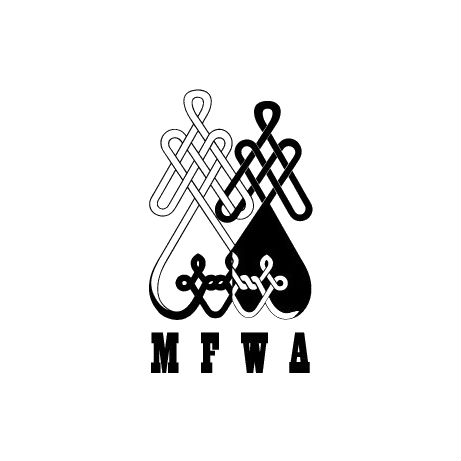

| 31 March 2016
Planned Parenthood Association of Sierra Leone
The Planned Parenthood Association of Sierra Leone (PPASL), established in 1959, works on a range of serious sexual and reproductive health (SRH) issues to improve people's health and quality of life. A key focus is to improve access to maternal health care, to reduce the risk of maternal and infant death. PPASL accesses the community through 5 service points, 12 workplace outreach projects, and 3 youth centres, via a 40-strong permanent staff team, backed by nearly 300 volunteers, 9 community-based distributors (CBDs) and a Youth Action Movement membership of 150. There is a 90% prevalence of female genital mutilation (FGM) in the country, and finding ways to handle the attendant psychological and physical trauma is one of the organization’s major challenges. Much of PPASL’s work is directed towards behaviour change communication (BCC) among community leaders, police and army personnel and Muslim and Christian groups. Safe motherhood, family planning, and the sensitisation of young people to SRH concerns are also central to the direct services which PPASL provides. The Member Association works in partnership with government health and development ministries and the Sierra Leone Armed Forces Hospitals. Non-governmental organization (NGO) partners include the Reproductive Health Service, CHASL, MSSL, National AIDS Secretariat/SHARP and the Marie Stopes Society. PPASL receives financial support from UNFPA, UNICEF, UNAIDS, the Global Fund for HIV/AIDS, Plan International, MOHS & RH UNIT, Marie Stopes Society, SL Red Cross Society and Action Aid.

| 31 March 2016
Mongolian Family Welfare Association
Established in 1994, the Mongolian Family Welfare Association (MFWA) became a full IPPF Member Association in 2005. The organization delivers services through 72 distinct outlets, including 11 permanent clinics, 6 mobile facilities and a network of 43 community-based distributors/community-based services (CBDs/CBSs). MFWA works closely with both governmental and non-governmental agencies to secure good quality sexual and reproductive health (SRH) provision for the Mongolian people. The organization runs clinics and education and counselling facilities, in pursuit of its ultimate objective: universal access to sexual health services, and universal recognition that exercising informed control over SRH is a fundamental human right.







